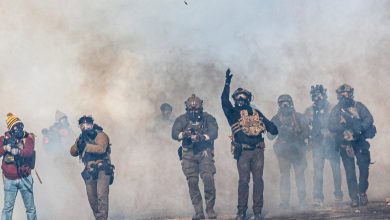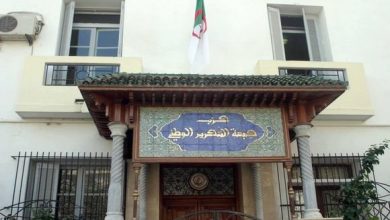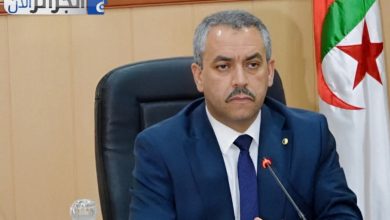The Permanent Representative of Algeria to the United Nations, Amar Bendjama, has strongly condemned the use of starvation as a method of warfare. In a statement delivered to the Security Council during a session addressing conflict-related food insecurity, Bendjama highlighted the alarming findings of the 2025 Global Report on Food Crises, which identifies conflict as a primary driver of severe food crises, particularly in regions like Sudan and Gaza.
“In Gaza,” Bendjama stated, “the deliberate imposition of sieges, restrictions on access to food, clean water, fuel, and electricity, coupled with repeated strikes on essential infrastructure, have reached the level of employing starvation as a weapon of war.” He emphasized the devastating impact on civilians, especially children, warning of long-lasting consequences.
Bendjama stressed the cyclical relationship between hunger and conflict, asserting that breaking this cycle is crucial for the Security Council to uphold its responsibility in maintaining international peace and security. “The starvation of civilians can never be justified as a method of warfare,” he declared, urging all parties to conflict to protect civilians and essential systems for their survival, including food production and water infrastructure.
He further called on conflict parties to allow humanitarian access to those in need. Algeria, he noted, is actively involved in these efforts, co-chairing the working group on the protection of infrastructure within the framework of the international initiative to promote political commitment to international humanitarian law. “Our commitment to humanitarian workers was reaffirmed when we signed the Declaration on the Protection of Humanitarian Workers in September 2025,” he added.
Bendjama underscored the necessity of sustainable political solutions, pointing out that many nations face interconnected pressures stemming from economic shocks, extreme climate conditions, inflation, and displacement. He urged the Security Council to take concrete measures, including the establishment of an early warning mechanism for violations related to water and food systems. He concluded by stating that Algeria supports economic and social development as a foundation for stability through the Algerian Agency for Cooperation, which funds projects across Africa in partnership with other nations.




